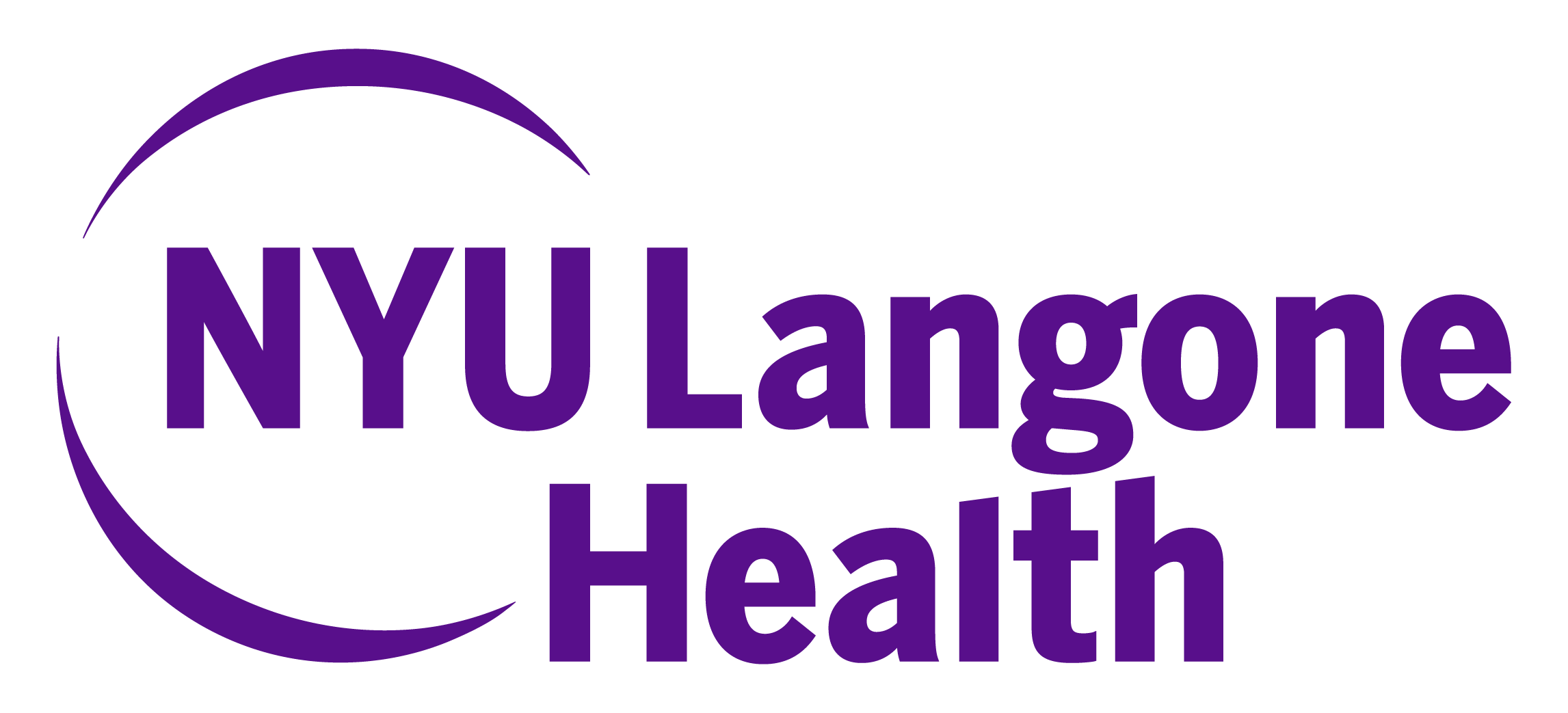- Advertise
- About OncLive
- Editorial Board
- MJH Life Sciences brands
- Contact Us
- Privacy
- Terms & Conditions
- Do Not Sell My Information
2 Clarke Drive
Suite 100
Cranbury, NJ 08512
© 2025 MJH Life Sciences™ and OncLive - Clinical Oncology News, Cancer Expert Insights. All rights reserved.
Dr. Grossbard on the Role of MRD in Follicular Lymphoma
Michael L. Grossbard, MD, discusses the role of minimal residual disease in follicular lymphoma.
Michael L. Grossbard, MD, professor in the Department of Medicine, chief of the Hematology and Medical Oncology Inpatient Service at Tisch Hospital, and section chief of Hematology at NYU Langone Health’s Perlmutter Cancer Center, discusses the role of minimal residual disease (MRD) in follicular lymphoma.
MRD can be used to monitor the depth of remission a patient can achieve, says Grossbard. In some diseases, such as multiple myeloma, MRD may have a clinical outcome and impact on treatment; however, in follicular lymphoma, no studies suggest that achievement of MRD is critical, according to Grossbard. However, it is also known that the lower the tumor burden, the longer the potential remission a patient can have.
Several studies have examined MRD in follicular lymphoma, including some that were published 20 years ago. Originally, results from these studies showed that the only modality available to get patients to a MRD-negative state was transplant, says Grossbard. Now, with rituximab (Rituxan) and other targeted therapies, MRD negativity can be achieved with more minimalist approaches, concludes Grossbard.


